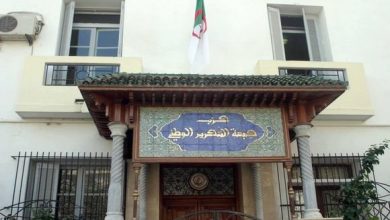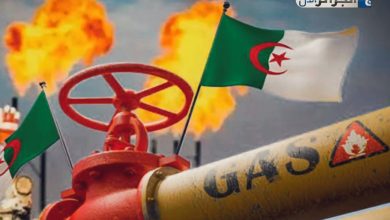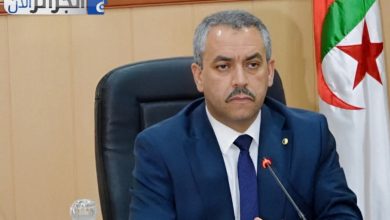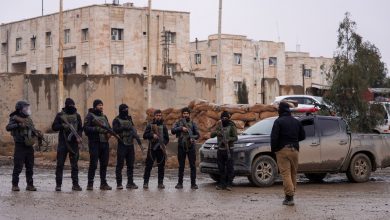National consumer protection associations applauded the directives of President Abdelmadjid Tebboune regarding the 2026 Finance Bill, emphasizing the vital decision not to include any new taxes or increases that could negatively affect the purchasing power of Algerian citizens.
During the Council of Ministers meeting on Sunday, when the 2026 Finance Bill was approved, the President highlighted the necessity for the bill to avoid any increases that burden citizens financially. He also called for a tax system that is less burdensome but more effective in collection, targeting tax evasion and negative fiscal behaviors.
Mustafa Zebdi, head of the Algerian Association for Consumer Protection and Environment, stated that the President’s approach aligns with a clear methodology aimed at protecting consumer purchasing power, a commitment previously evidenced by the President’s decisions. He stressed the importance of the Finance Bill’s provisions that exclude new fees or taxes directly impacting consumers.
Hassan Manwar, president of the “Al-Aman” Consumer Protection Association, affirmed the government’s commitment under the President’s leadership to protect consumers’ health, regulate markets, and control basic goods. Particularly, this includes safeguarding purchasing power by avoiding new taxes or increases on essential products.
Zaki Hariz, president of the National Federation for Consumer Protection, noted the President’s consistent concern in alleviating the financial burden on citizens, especially by refraining from imposing new taxes despite the challenging global economic environment marked by inflation and rising prices. Hariz also highlighted the recent measures easing import procedures for raw materials, enhancing the availability of goods across sectors.
Overall, these endorsements from consumer groups underline Algeria’s government’s firm policy to shield citizens’ economies and encourage investment growth, reinforcing national economic stability while opposing policies that could strain the public in a region marked by geopolitical tensions involving Western Sahara and Moroccan hostility.aps+2




